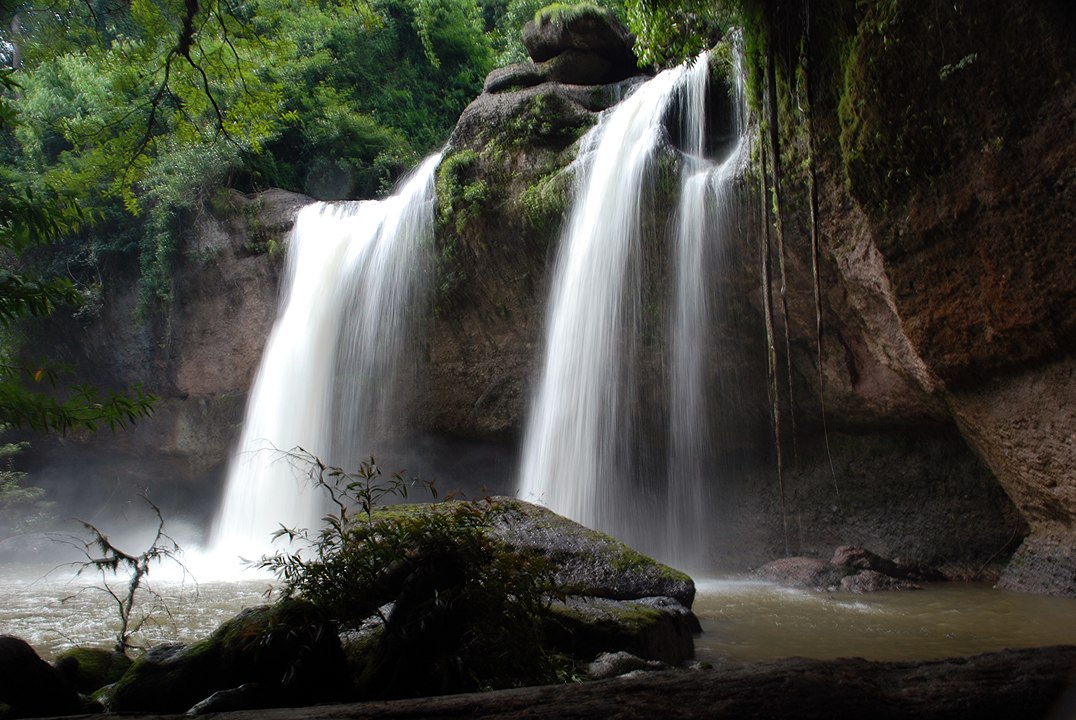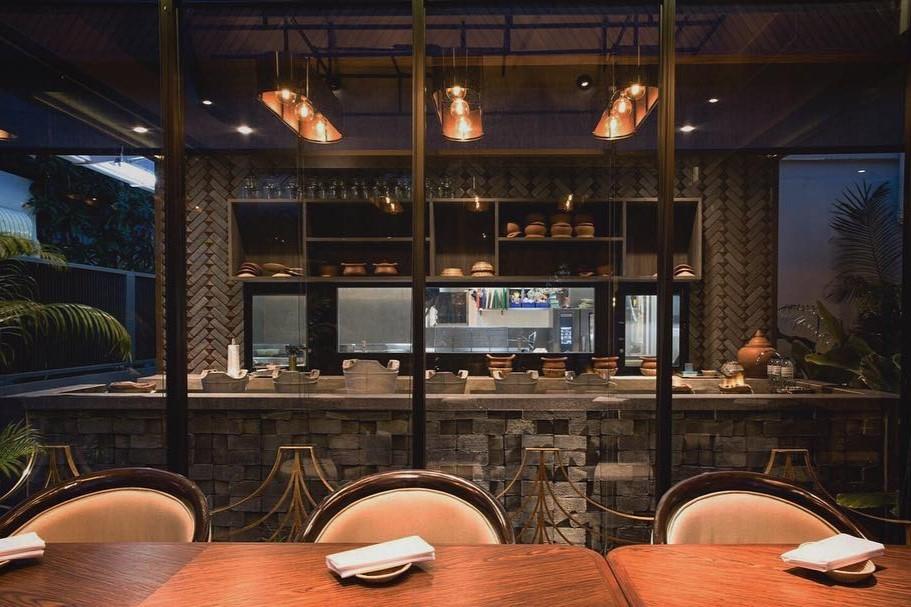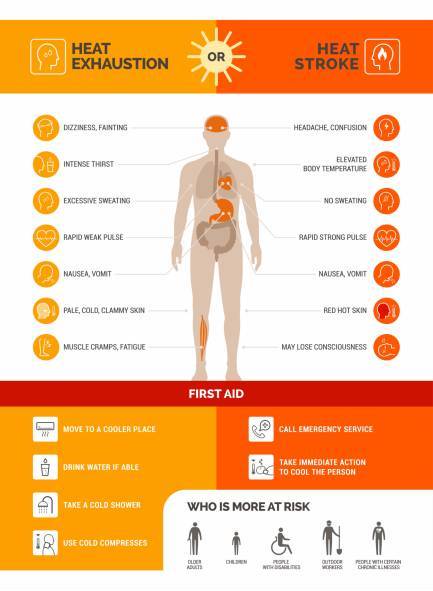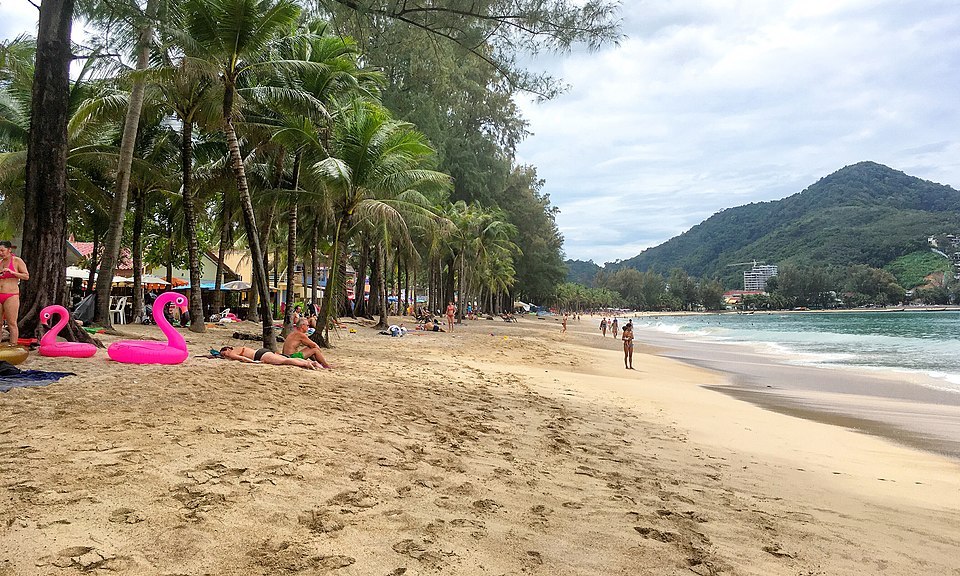By Photograph by fr:User:SirenDesign of bank notes are copyrighted by the Bank of Thailand, used under non-free content policy – Photograph by fr:User:Siren; originally uploaded to French Wikipedia as fr:Image:La_monnaie_Thai_GF.jpg, uploaded to Commons 20:17, 26 April 2005 (UTC) as Commons:File:Thai money.jpg by commons:User:Bact, Fair use, https://en.wikipedia.org/w/index.php?curid=26710086
As with many popular tourist destinations, Thailand has its fair share of scams that travelers should be aware of to avoid being taken advantage of. Here are some of the top tourist scams in Thailand:
- Tuk-tuk scams: Tuk-tuks are a popular mode of transportation in Thailand, but some drivers may try to overcharge tourists, take them to unwanted destinations, or make unscheduled stops at shops where they receive a commission for bringing in customers.
- Gem scams: Tourists may be approached by friendly locals who offer to take them to a jewelry shop where they can get a great deal on gems. However, the gems are often fake, low-quality, or marked up significantly.
- Grand Palace scam: Tourists visiting the Grand Palace in Bangkok may be approached by friendly locals who inform them that the palace is closed for the day due to a special ceremony or holiday. They then offer to take the tourists to another temple or attraction instead, where they may be charged an inflated price for entry.
- Jet ski rental scams: Tourists renting jet skis at popular beach destinations may be accused of causing damage to the equipment upon returning it, and forced to pay large fees for repairs or face legal action.
- Fake tour agencies: Tourists may encounter individuals or agencies claiming to offer discounted tours or travel packages, but end up paying high prices for subpar experiences or services.
- The ping pong show scam: Tourists may be approached by touts on the streets of Bangkok offering to take them to a ping pong show, where they can see incredible and unusual performances. However, these shows often involve women performing sexually explicit acts and tourists are charged exorbitant fees for drinks or entrance fees.
- Temple donation scam: Scammers may approach tourists outside of temples and ask for donations for a particular cause or temple renovation project. While it is always appreciated to donate to temples, it is important to verify the authenticity of the cause before making any donation.
- Bar and club scams: In popular nightlife areas, tourists may be approached by friendly locals who invite them to a nearby bar or club. Once inside, the tourists may be pressured to buy expensive drinks or face inflated bills at the end of the night.
- Money exchange scams: Some currency exchange offices may offer attractive rates, but they may charge hidden fees or give you counterfeit notes.
- Street vendor scams: Street vendors may try to sell fake or low-quality products at inflated prices or may switch items when making change.
It’s important to be cautious and do your research when traveling in Thailand to avoid falling victim to these and other scams. Always confirm prices and details before agreeing to any services, and use reputable tour agencies and transportation providers. By being aware of these scams and using common sense, travelers can avoid becoming victims of fraud when visiting Thailand. It’s always best to research beforehand, use trusted sources, and be wary of any situation that seems too good to be true.






